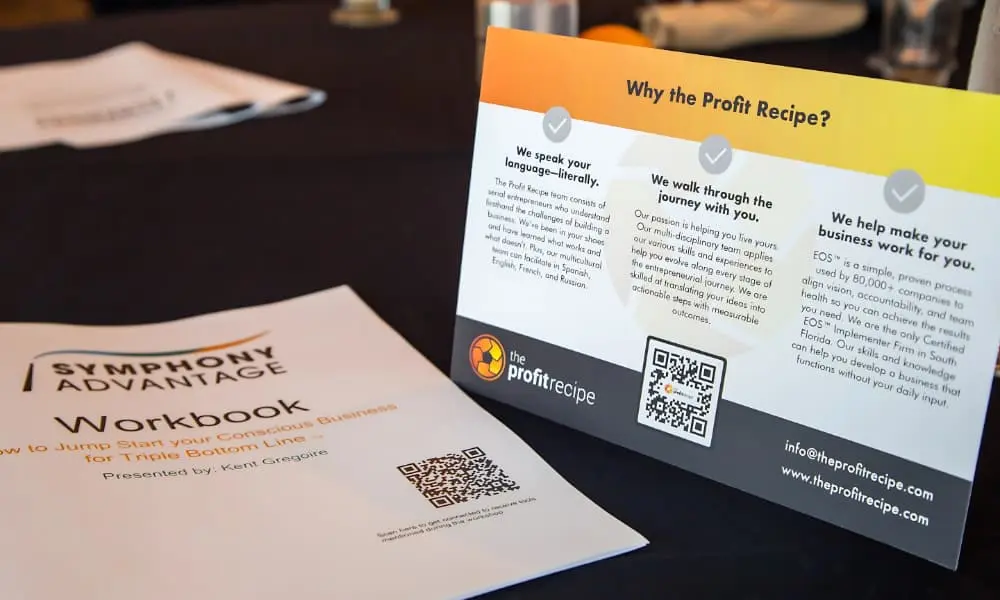What separates great leaders from good leaders often comes down to how they manage conflict, and too often entrepreneurs fall into the trap of playing the hero.
In business, in life, we tend to avoid conflict. Angry customers, combative co-workers — conflict is dramatic, emotionally draining, and counterproductive. That’s mainly because we let ourselves become our own worst enemy.
I’m like a lot of entrepreneurs, when I see conflict I want to jump in and find the solution. The problem is that approach mostly just feeds my ego. Sure, I may have solved the problem, but only that problem, this time.
Over the years I’ve learned that when facilitating a discussion it’s not always my place to be the one with all the answers. Most of the time people need to understand the nature of their conflict themselves in order to be empowered. If I step in, I’m potentially doing more harm than good — instead of easing the tension, I’m actually creating more drama.
The Karpman Drama Triangle
In 1968 a psychology student named Stephen Karpman published a groundbreaking social model for drama. The insights granted by Karpman’s efforts garnered the 1972 Eric Berne Memorial Scientific Award, and are still highly regarded.
His model, known as Karpman’s Drama Triangle, illustrates the roles people tend to fall into while butting heads and they are invariably unproductive. They are:
- The Victim. Allowing ourselves to feel victimized can be effective — for all the wrong reasons — it’s also rather unflattering. The victim in us cries out for pity, pulling on empathy and sympathy like a scorned lover, desperately trying to persuade via emotion, rather than intellect.
- The Rescuer. We all have an innate desire to save others. However, when it comes to harvesting the fruits of conflict, the only person these heroes save is themselves — but merely from the heat of the battle. When we go into rescue mode, we’re taking the focus off our role in the conflict, while enabling the victim mindset. Rescuers risk weakening victims and alienating high performers.
- The Persecutor. While rampant on social media and apparently good for TV ratings, focusing on fault, assigning blame, and claiming superiority rarely result in productive discussions.
Crucify the ego
Okay, maybe “crucify” is a bit extreme, but egos can be relentless. While our sense of self-competence and pride in our work can be useful motivators, they’re also at the root of Karpman’s Triangle.
Being humble doesn’t mean you’re a pushover, or insecure. It’s a confident display of intellectual and emotional strength – another way of being a badass.
But humility doesn’t always come easily to entrepreneurs. Our egos tend to pull us into the role of the hero – the rescuer. We take pride in our ability to solve problems, and want to display our worthiness by having all the answers, even though there is a lot of research to show that we can be much more effective leaders by sharing our vulnerability.
Even Einstein couldn’t provide us with a complete view of the Universe — yet, to this day he’s valued as a leader in physics and philosophy. His lasting influence is due not just to the brilliance of his ideas but to the way he communicated, which was often with humility. That’s what a valuable team leader does — they enlighten, rather than demand and bully.
Identifying the above dramatic tendencies can be a useful tool in turning Karpman’s Drama Triangle into an enlightenment triangle.
You should crave conflict
As a leader, if everyone on your team agrees on a plan of action — it should scare the underpants off you. Conflict can reveal what’s been overlooked before it becomes a problem.
Debates are healthy for organizations, but they need to be productive, which generally means, the less drama the better. If you feel a discussion shifting into a combative, ego-driven, finger-pointing exercise, it’s getting ready to jump the tracks.
Did a team member make a mistake? Of course, they did! Our personal histories are riddled with errors, but the focus needs to be on correcting the mistake, rather than issuing negative reinforcement — save that for your puppy and children, it has no place in the productive conflict.
Does your team disagree about a course of action? If it hasn’t happened yet, count on it in the future. Despite what political commentators would have us believe, there’s not always a right, wrong, or even better methodology. It’s important to let your team know that even the “losing” side of such debates still contributed toward progress — and never dismiss someone’s perspective.
Failure is an option — a painfully productive one. When your team understands that their jobs aren’t on the line during moments of conflict, they’re much more likely to take risks, voice their opinions, and push your collective efforts beyond your wildest dreams.
Karpman’s solution
It’s good to have conflicts, but productive conflicts that lead somewhere. Fortunately, Karpman also developed what I like to think of as an “enlightenment triangle” to help steer us in that direction. In it, he defined the following roles as contributing to productive, drama-free conflict:
- The Creator. Formerly known as the “victim,” this role is now tasked with working towards an agreeable resolution to the conflict while avoiding emotional digressions.
- The Challenger. The prosecutor’s naturally fearless desire to point out problems needs to be harnessed for productive use. An effective challenger can point out a problem without making it personal.
- The Coach. Sometimes the best way to solve a problem is by asking questions. A good coach knows how to ask questions that lead their team towards discovery while letting them be the hero.
The point of redefining these roles is communication. The better we communicate, the more we learn, and the more we learn the better we are at, well — everything.
Empower your Leadership Team and improve efficiency, increase value, and foster collaboration to get better results. A professional Facilitator can ensure that all of your members are on the same page, so you can kick your business up a notch. Connect with The Profit Recipe to Achieve Traction.



